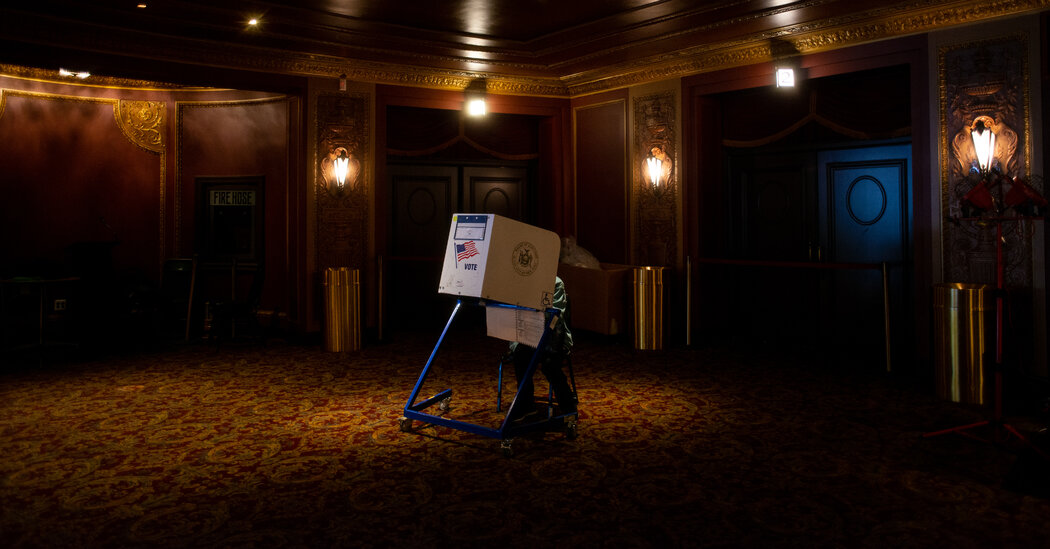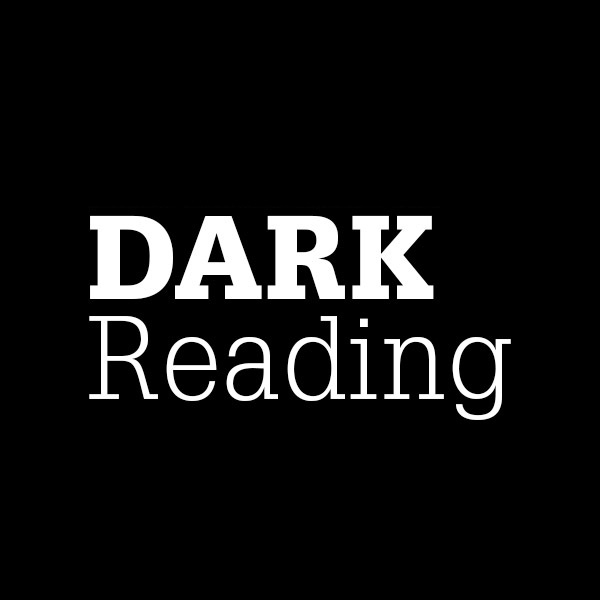U.S. Tried a More Aggressive Cyberstrategy, and the Feared Attacks Never Came
From its sprawling new war room inside Fort Meade, not far from Baltimore-Washington International Airport in Maryland, United States Cyber Command dived deep into Russian and Iranian networks in the months before the election, temporarily paralyzing some and knocking ransomware tools offline.
Then it stole Iran’s game plan and, without disclosing the intelligence coup behind the theft, made public a part of Tehran’s playbook when the Iranians began to carry it out.
Now, nearly a week after the polls closed, it is clear that all the warnings of a crippling cyberattack on election infrastructure, or an overwhelming influence operation aimed at American voters, did not come to pass. There were no breaches of voting machines and only modest efforts, it appears, to get inside registration systems.
Interviews with government officials and other experts suggest a number of reasons for the apparent success.
One may be that the United States’ chief adversaries were deterred, convinced that the voting infrastructure was so hardened, Facebook and Twitter were so on alert, and Cyber Command and a small group of American companies were so on the offensive that it was not worth the risk.
But there is another explanation as well: In the 2020 election the distinction between foreign and domestic interference blurred. From early in the campaign, President Trump did more to undermine confidence in the system’s integrity than America’s rivals could have done themselves.
And in the aftermath, Mr. Trump’s baseless accusations, amplified by conservative news media outlets, have only intensified, leaving the Russians and the Iranians with the relatively easy task of bouncing his messages back into the echo chamber of social media.
“A lot of the disinformation that voters consume originates from within our own country,” said Jeh C. Johnson, a secretary of homeland security under President Barack Obama. “All foreign adversaries need to do is aid and abet and amplify.”
Mr. Trump and his allies, it turns out, were the chief purveyors of the kind of election misinformation that the F.B.I., the Department of Homeland Security and American intelligence officials were warning about. He was also…


